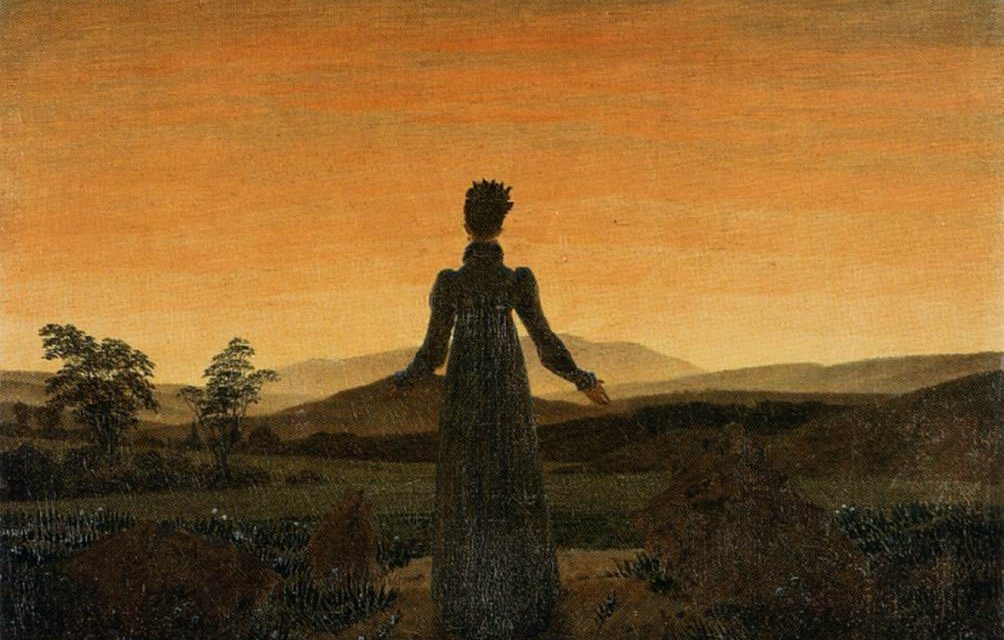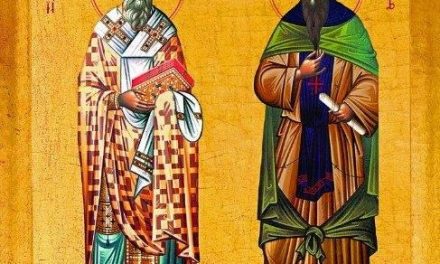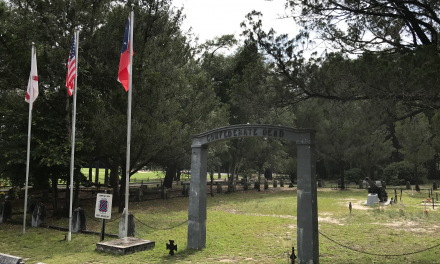On Mondays throughout the year, New Wine New Wineskins, a fellowship of early-career moral theologians, shares posts from members. This week, Catherine Moon shares from her presentation at the 2023 NWNW conference. For more information about the upcoming 2024 NWNW annual conference, held this July at the University of Notre Dame, and how to submit a proposal, see the Call for Papers here. And, as always, check back each Monday for more content from New Wine New Wineskins!
In the wake of the Second Vatican Council, experience has and continues to dominate the field of Catholic moral theology in both obvious and inchoate ways. Experience is frequently appealed to in feminist ethics, theologies of liberation, and in contextual as well as social ethics. It is also latently operative within virtue ethics, personalist ethics, and narrative ethics. Although one might be tempted to understand the integration of and turn to experience in moral theology and Christian ethics along pre-existing fault lines—‘revisionists’ favor experience and ‘traditionalists’ disapprove of experience— such a view lacks nuance and misunderstands the full reality of the discourse.
Moral theologians and Christian ethicists actually largely agree that experience is indispensable to human knowing and thereby relevant to moral discernment. Yet, despite these fundamental agreements, an intractable tension begins to emerge in the experience discourse. On the one hand, there are theologians who argue that, since experience is a source of moral wisdom or the inductive method is the only adequate means for discerning truth, personal as well as communal experience can be used to identify and provide correction to bad interpretations of Scripture and tradition. On the other hand, there are theologians who argue that, since Scripture and tradition are divinely revealed and experience is personal and naturally given, the idea that experience is a discrete, separable source of moral wisdom and that experience has the capacity to identify and provide correction to bad interpretations of Scripture and tradition ought to be rejected.
This disagreement over experience’s corrective capacity leaves the discourse stuck in disputes over authority and reliability without any real possibility of relief or adjudication. There ends up being a standoff between the authority of experience and the authority of Scripture and tradition. This leaves the discourse stuck on variations of the ‘Whose experience?’ question: Whose experience is reliable? Whose experience is a source of moral wisdom from which norms and the good that ought to be done can be derived? Who decides whose experience? Which authority? These different instantiations of the ‘Whose experience?’ question become the primary means for determining the role of experience in moral discernment, which seems reasonable. At a first glance this seems like the discourse’s obvious and really only next step. After all, if we can figure out whose experience can be trusted and who has the ability to decide whose experience can be trusted then we can adjudicate between these different normative claims.
The terms of the disagreement, however, when pressed, begin to show that the two sides do not actually have the same conception of experience and as such are potentially not even talking about the same phenomenon, despite using the same word. To grasp experience as a separable source of moral wisdom is radically different from grasping experience as an aspect of prudence or as a supernatural encounter with Christ. This helps to reveal that questions about the authority or reliability of experience are bad questions insofar as they skip ahead to inquiring into what experience is or is not capable of doing relative to Scripture and tradition without first inquiring into and giving an account of what experience is in itself.
What is human experience? Is it synonymous with sense perception or is it some kind of medium? Is it our very being as humans or is it the movement of our living? Is experience constructed or given? Is it a source of wisdom or is it the condition for the possibility of human knowing? These are the real questions the moral theological discourse on experience needs to be engaging if it is to have hope of moving past its present stalemates and impasses. The current disagreements in Catholic moral theology over experience are not about whether or not experience is relevant to human knowing or moral discernment, nor are they even really, at bottom, about authority and reliability. What experience is in itself is the actual question about which moral theologians and Christian ethicists are in disagreement and it is a question with which we must contend.
Catherine Moon is a Postdoctoral Fellow at the Institute for Advanced Studies in Culture at the University of Virginia.





Trackbacks/Pingbacks